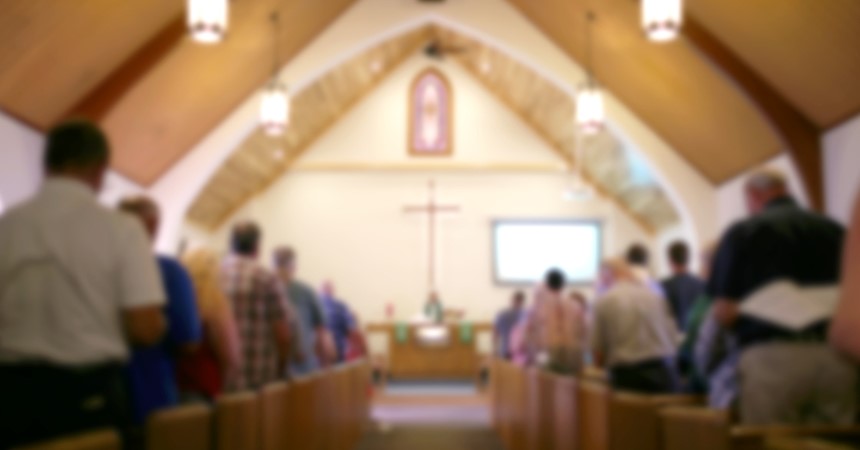Your Prayer Matters
Praying at Mass isn’t just something that the presiding priest undertakes. It is something we are all called to do.
You may have seen the title Opening Prayer at Mass or a liturgy. It is more accurately called ‘The Collect’. There is an important reason behind this. It is a significant prayer within our Mass or any Catholic liturgy. So, what is it? What is it for? Before we explore those questions, it helps to reflect deeply on a Collect through the process of Mystagogical Reflection.
Mystagogical Reflection
At its heart Mystagogical Reflection is about helping people to open their eyes, their minds and their hearts to the presence of God who is already with them every moment of every day in all of creation and in every human experience.
Mystagogical questions lean into our experience and the mystery of God.
Before you begin it helps to settle your mind and your heart. Breathe deeply and relax. The following song can assist you - Sacred Silence by Tom Booth.
The Collect (for the 12th Sunday in Ordinary Time A)
The Priest, with hands joined, says:
Let us pray.
And all pray in silence with the Priest for a while.
Then the Priest, with hands extended, says the Collect prayer,
Grant, O Lord,
that we may always revere and love your holy name,
for you never deprive of your guidance
those you set firm on the foundation of your love.
Through our Lord Jesus Christ, your Son,
who lives and reigns with you in the unity of the Holy Spirit,
God, for ever and ever.
at the end of which the people acclaim:
Amen.
The Process
- Encounter: Read the Collect prayerfully…
- Reflection: What word or phrase captures your attention? What did you experience/feel? What is God revealing to you? How does this relate to your life?
- Catechesis: What are we learning about our Catholic life and faith?
- Conversion: What is Christ asking of you today?
So, now to those questions…
If we look at the word Collect itself, it simply means to be gathered together from the Latin ‘collecta’. As noted above, before the Collect is prayed it is introduced with a call to pray - ‘Let us pray’. This is a collective instruction. It is for all who are present. What are we being instructed to pray for? The silence draws us to come into God’s presence and then be mindful of our intentions as we present them to God. Done well, through active listening and reflecting, it is a moment where the intentions of the heart speak to and with God. Then, God is openly addressed: ‘Grant, O Lord’. The following phrases then highlight the importance of God in our lives. For example, in the Collect above it is reminding us that God guides and loves us. Our petition is through our reverence and love of God in the hope that, as we are set on a ‘firm foundation of love’, God’s guidance will not leave us. Through God’s love our prayers will answered. The Collect then concludes with a Trinitarian ending giving glory to God.
The General Instruction of the Roman Missal stresses the Collect’s importance when it states that it is the Collect “through which the character of the celebration finds expression” (n.54). Therefore, spending time reflecting on the words of any Collect gives us a better interpretation and appreciation of the celebrations purpose. Each Collect has its own particular centre of attention. What is God calling your attention to?
When you next hear ‘let us pray’, be ready, be present, be attentive. Let God speak to your heart, not just in that moment but throughout the whole celebration.
For more information about Mystagogical Reflection please go to: Practising Mystagogy
For more information about The Collect please go to: General Instruction of the Roman Missal (vatican.va)
Follow mnnews.today on Facebook.

